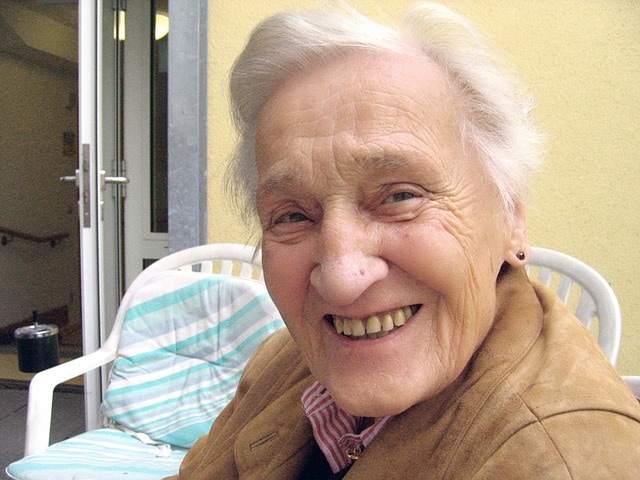|
Whether you’re a professional caregiver or charged with taking care of an elderly loved one, your work is both very taxing and rewarding—or at least it should be. Everyone experiences burnout, and the signs can impact all aspects of your wellness. Preventing burnout is key, but so is recognizing the signs and addressing them right away.  Source: Geralt/Pixabay The real trick for being a great caregiver is taking steps to make the role more rewarding. Start the New Year right by consciously taking actions to enjoy your role as a caregiver. It’s best to write down your goals, visions and reminders of why you do what you do. The physical act of writing helps imprint the words into your psyche, makes them more real, and numerous studies have shown writing helps make the words a reality.
Need some inspiration?
Caregiving, by nature, can be one of the most rewarding careers or roles you’ll ever have. Be grateful for it, even when it’s not easy. Your mindset, and how you approach your tasks on a daily basis, is important. Our brains are very good at making our internal thoughts a reality, so make those thoughts positive.
0 Comments
Leave a Reply. |
AboutNews updates, tips, and guides on senior care, senior health, stress relief and a host of other caregiving related topics from the professionals at Ella Stewart Care. |


 RSS Feed
RSS Feed
